BY CHRIS MGIDU and JOY NABUKEWA
MOMBASA, Kenya, Jan. 17 2011 (Xinhua) – Kenya has no immediate plans to privatise the Port of Mombasa, but efforts are in progress to allow the private sector to undertake certain projects jointly with the government, a senior transport ministry official said on Monday.
Kenya’s Transport Ministry’s Permanent Secretary, Cyrus Njiru said the government is not ready to divest from the port in the near future despite speculation the government planned to allow a private operator to run the port services. “There has never been any attempt at divestiture. What has been there is additional private sector participation. We have no intention of moving the headquarters of the Kenya Ports Authority (KPA) from Mombasa,” Njiru said in Nairobi.
The Federation of East African Freight Forwarders Association (FEAFFA) says the government plans to concession berth 11-14 and privatising services at some container deports inland, including the Eldoret Inland Container Depot. The upgrading of the port to allow larger ship to dock is currently under way. The government is investing 295 million U.S. dollars in the upgrade.Those opposing the privatisation of some port services say KPA has been unable to manage some services effectively and introducing private companies might worsen the crisis at the port. However, Njiru said the additional private sector participation would introduce efficiency and make the port more responsive to the private sector demands.
Speaking separately in Mombasa, Deputy Prime Minister Musalia Mudavadi said the government would forestall any attempt to move the headquarters of the port. “We will intervene on any attempts to move the headquarters of the Port to any other town outside Mombasa,” Mudavadi said during a meeting with local leaders. The port has been facing a cargo congestion blamed on the delays resulting from a work slowdown during the festive period in December.
The port has 12,000 containers waiting collection from various importers, forcing the government to issue an ultimatum to the cargo clearing and forwarding companies to ensure that incoming cargo is cleared within two days or face punitive measures. “The port would grant waivers on storage to enable the importers to collect their cargo on time,” Njiiru said after announcing the launch of the Rapid Results Initiative launched to deal with port congestion.
Njiiru said there are plans for additional railway lines into the port-parking yard, in addition to the construction of several roads leading into the port to reduce the cargo congestion. Analysts say the port congestion is a result of massive importation of goods in the New Year, caused by above average optimism that the economy would grow this year, ignoring possible interruptions likely to result from increased political activity.
Kenyans are due to head to elections anytime this or next year, but the exact date of the upcoming presidential and parliamentary elections has not been determined. Francis Kimemia, the Internal Security Ministry Permanent Secretary, said proposals to stagger the elections so that presidential elections are held in 2012 and the parliamentary polls are held in 2013 would not work.
“The President must hand over power to a newly elected government and all its institutions,” Kimemia said. The Dock Workers Union in Mombasa continues to express concern about the loss of jobs that will result from privatisation. KPA’s plans include the conversion of berths 11-14 into a fully operational container terminal, which will surely create jobs.
Sources said the ports authority is looking for an investor to bring in a staggering 140 million U.S. dollars to the project and then run berths 11-14 as a fully fledged container terminal to support the activities of its own berths 16-18. It is more likely that the new facility will create jobs, improve productivity, reduce cost of doing business in the port and assist in improving the supply chain into and out of Kenya, thereby creating opportunities economically rather than constraining or reducing them.
The private sector is also a major supplier of funds. In these economically challenging times, does Kenya want to spend its own money on port development when private operators can do this equally well? Plans to convert berths 11-14 and construct the new Kipevu terminal could set the government back between 500 million dollars and 1 billion dollars if it does not attract private funds. A China Road Construction company won the tender to construct berth 19, which will extend the container terminal by 160m to provide quay length of 760m, which can berth three 235m-long second generation container vessels at once. (Xinhua)



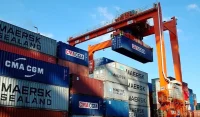

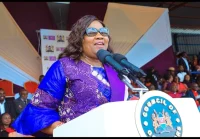










































![Pula Co-Founders and Co-CEOs, Rose Goslinga & Thomas Njeru. Pula provides agricultural insurance and digital products to help smallholder farmers manage climate risks, improve farming practices and increase their incomes. [ Photo / Courtesy ]](https://businesstoday.co.ke/wp-content/uploads/2021/01/Pula-Co-Founders-and-Co-CEOs-Thomas-Njeru-Rose-Goslinga.jpg)
























































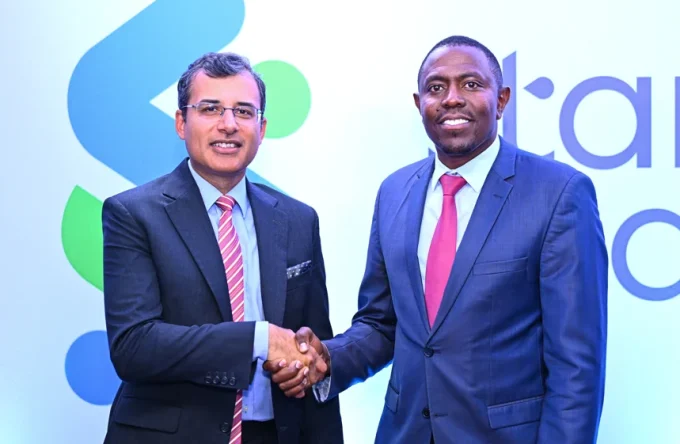
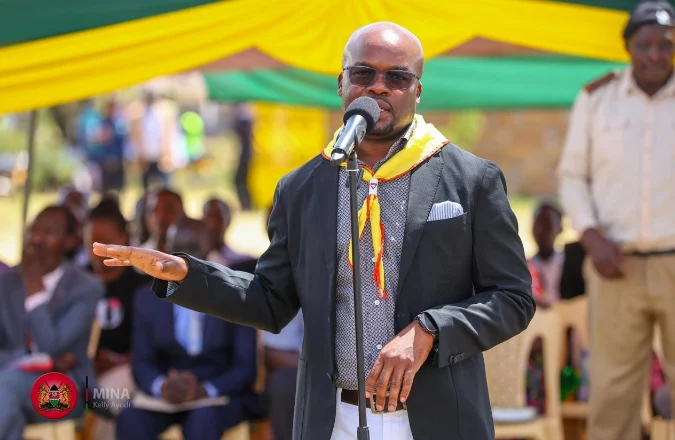
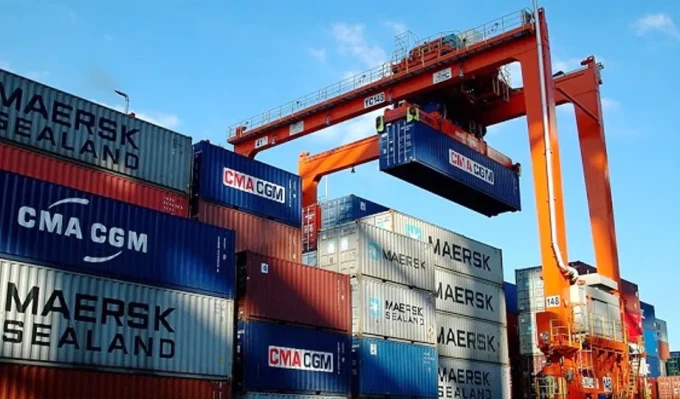

Leave a comment